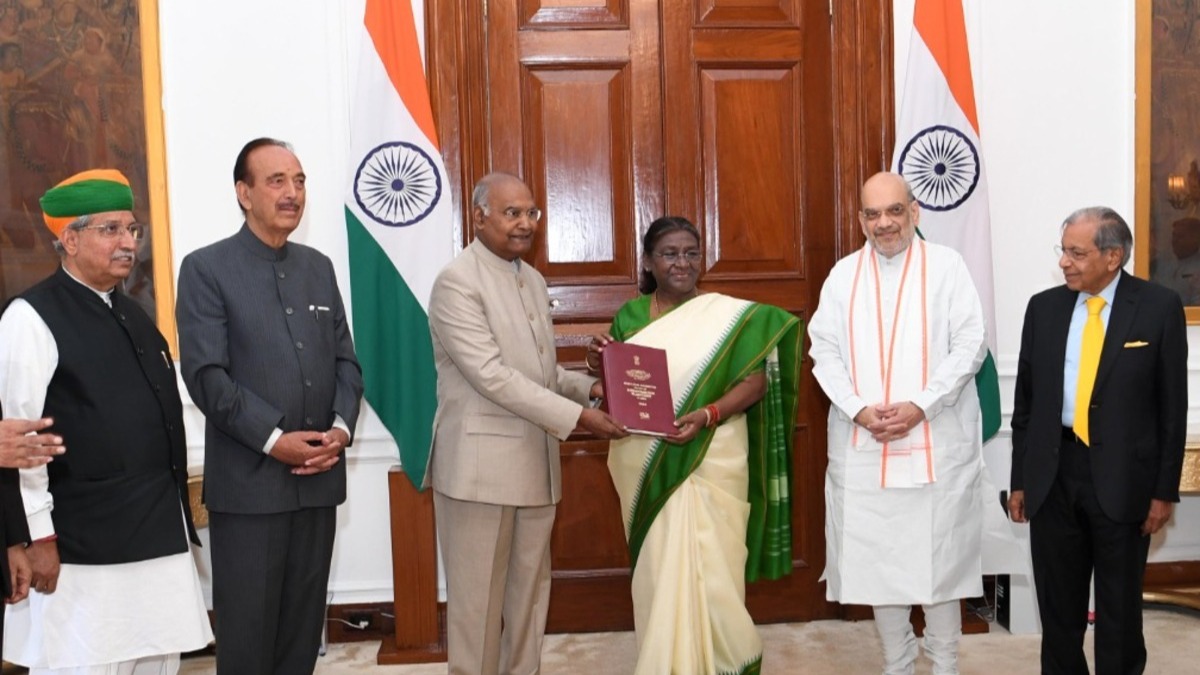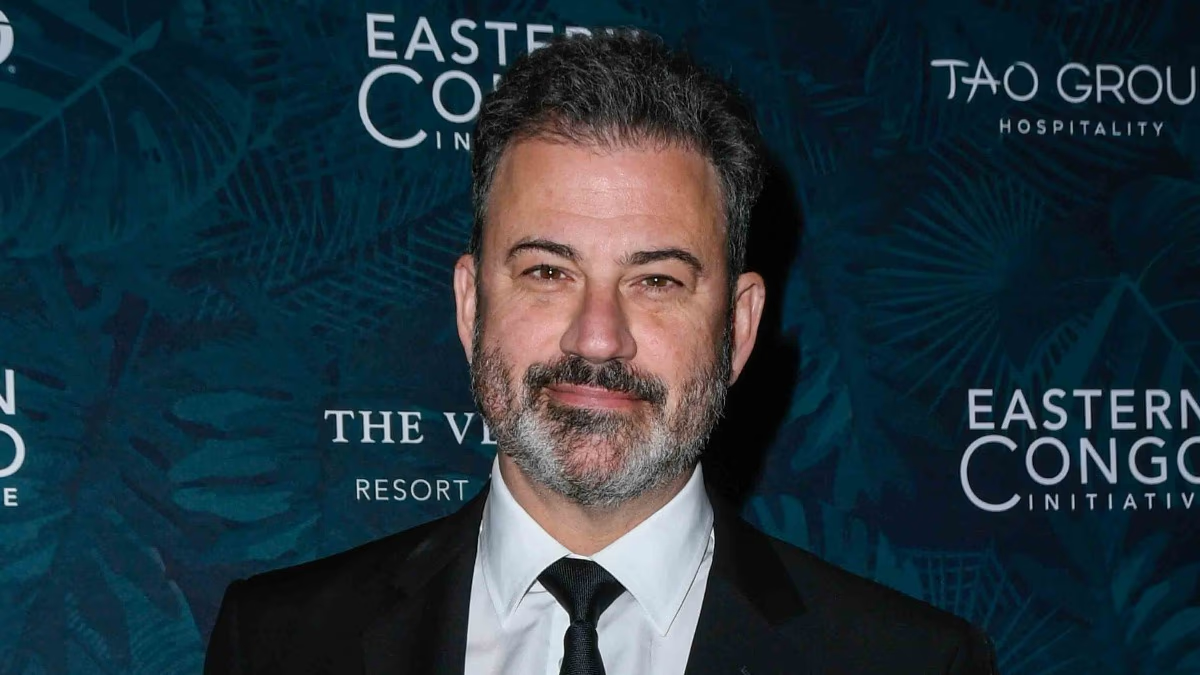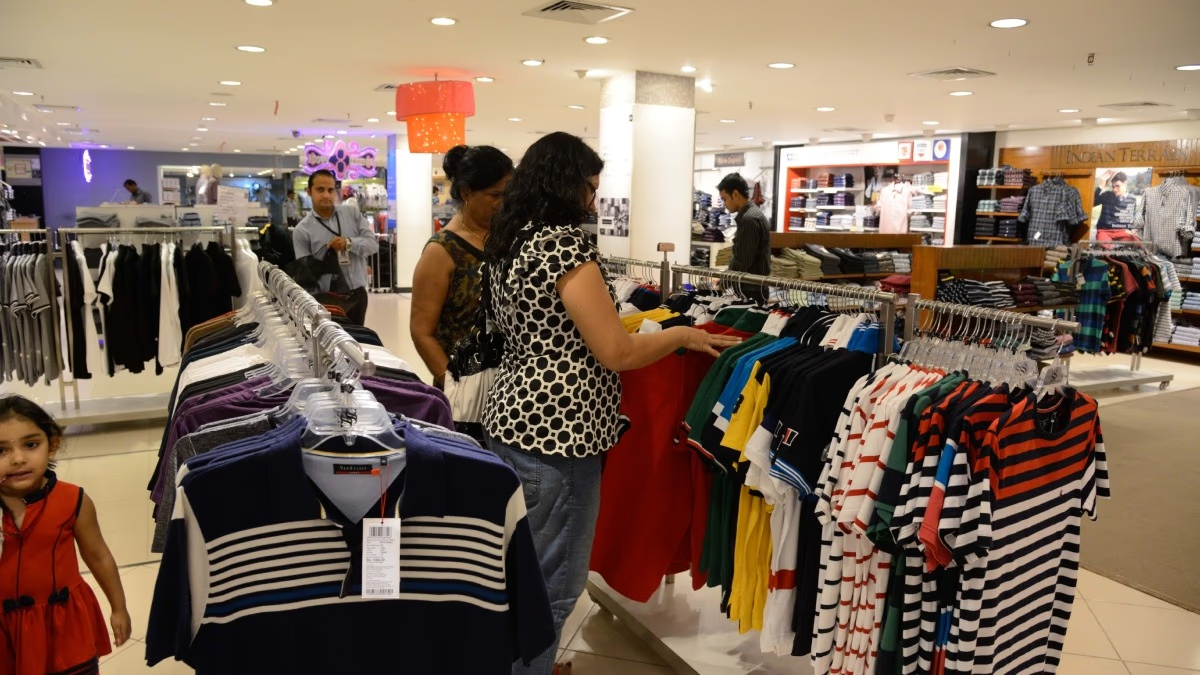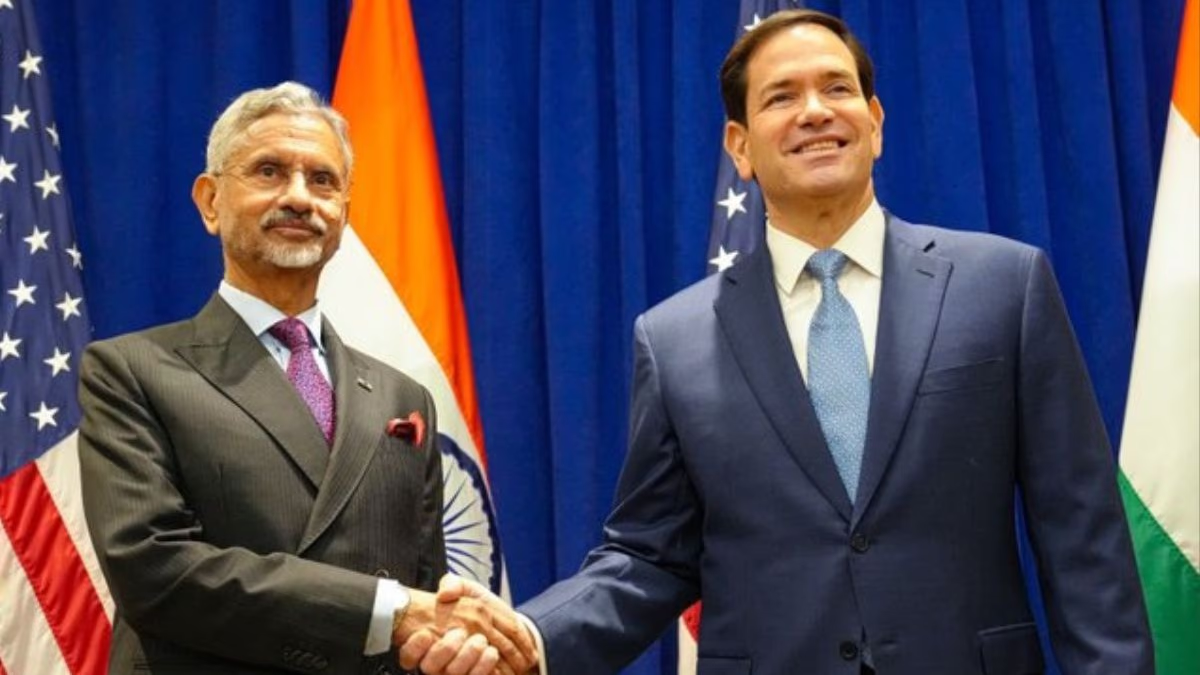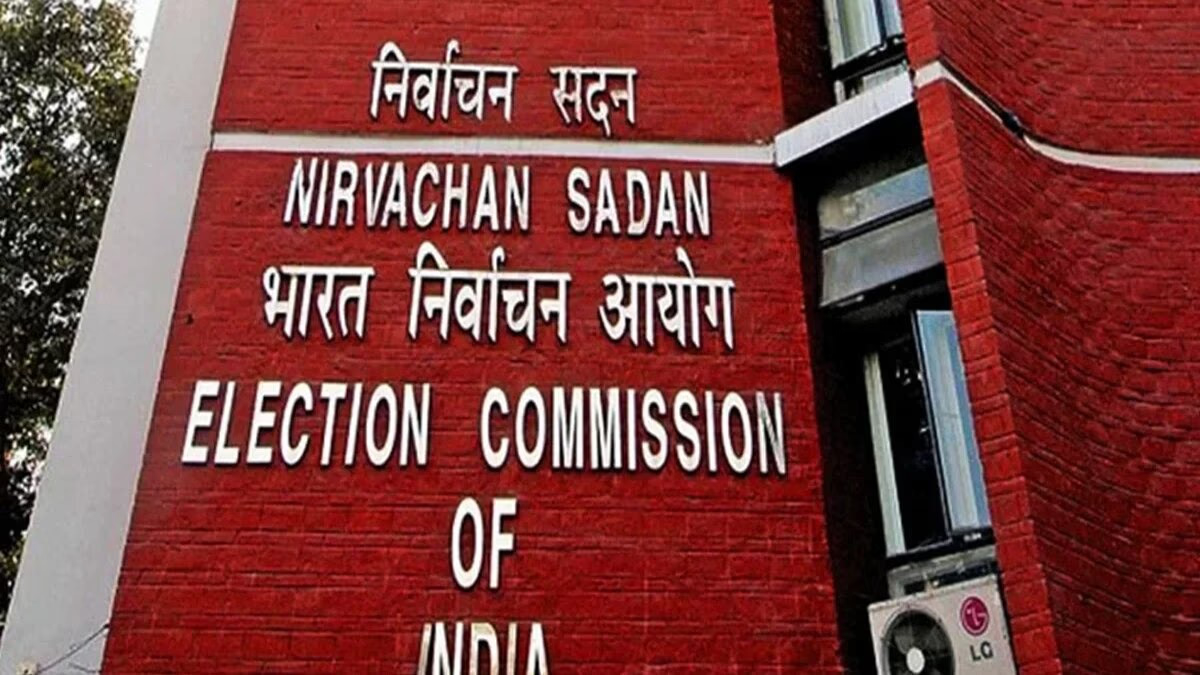The high-level committee led by former President Ram Nath Kovind, tasked with exploring 'One Nation, One Election', has submitted its report to President Droupadi Murmu. The panel, consultative with four prior Supreme Court Chief Justices - Justices Dipak Misra, Ranjan Gogoi, Sharad Arvind Bobde, and Justice U.U. Lalit - provided written responses, showing support for concurrent elections. In contrast, three former High Court Chief Justices and one former State Election Commissioner raised concerns about the concept of 'One Nation, One Election'. Out of 62 parties contacted by the committee, 47 responded: 32 supported simultaneous elections, while 15 opposed, and the remaining did not respond.
Four National Parties Reject Unified Election Idea
Congress, AAP, BSP, and the CPI(M) opposed the proposition, contrary to the support from BJP and NPP. The report highlights that, sans the input from 15 parties, 47 parties engaged with the initiative. Thirty-two political entities not only supported the idea of joint elections but also advocated for its implementation to save scarce resources, protect social harmony, and stimulate economic growth. Opposingly, AAP, Congress, and CPI(M) dismissed the proposal, claiming it weakens democracy and constitutional frameworks. BSP has not openly opposed it but highlighted concerns related to the country's diverse regional boundaries and population, potentially complicating implementation.
Which State Parties Stand For or Against the Proposal?
State entities like AIUDF, TMC, AIMIM, CPI, DMK, Naga Peoples Front, and Samajwadi Party are opposing the proposal. Meanwhile, AIADMK, All Jharkhand Students Union, Apna Dal (Soni Lal), Assam Gan Parishad, BJD, LJP (R), MNF, NDPP, Shiv Sena, JD(U), Sikkim Krantikari Morcha, Shiromani Akali Dal, and United Peoples Party Liberal have shown support.
Three Former Chief Justices Express Concerns
According to PTI, while nine former High Court Chief Justices support united elections, three have expressed dissent. Former Chief Justice of Delhi High Court, Ajit Prakash Shah, opposed the 'One Nation, One Election' concept, cautioning it may lead to distorted voting patterns and curb democratic expression. He emphasized that simultaneous elections hinder political accountability by providing undue stability without performance evaluation, challenging democratic principles. Former Chief Justice of Calcutta High Court, Girish Chandra Gupta, contested the idea, declaring it incompatible with democratic values. Sanjib Banerjee, former Chief Justice of Madras High Court, voiced opposition, warning it would weaken India's federal structure and harm regional issues. He cited data reflecting frequent mid-term state elections and stressed the importance of allowing people the freedom of choice. Also, he recommended state-funded elections as a more effective reform to tackle corruption and inefficiency.
Former Tamil Nadu Electoral Commissioner Voices Objection
Seven current and former State Electoral Commissioners back 'One Nation, One Election', but former Tamil Nadu Electoral Commissioner V. Palanikumar has objected, indicating it would give national issues undue dominance during elections at the expense of local perspectives. Additionally, he shed light on the critical issue of electoral manpower shortage and emphasized the need to bolster staff to ensure seamless and efficient execution of elections.
The panel has presented their report to President Droupadi Murmu on Thursday, recommending the initial step of conducting simultaneous Lok Sabha and State Assembly elections, followed by local body elections within 100 days.
